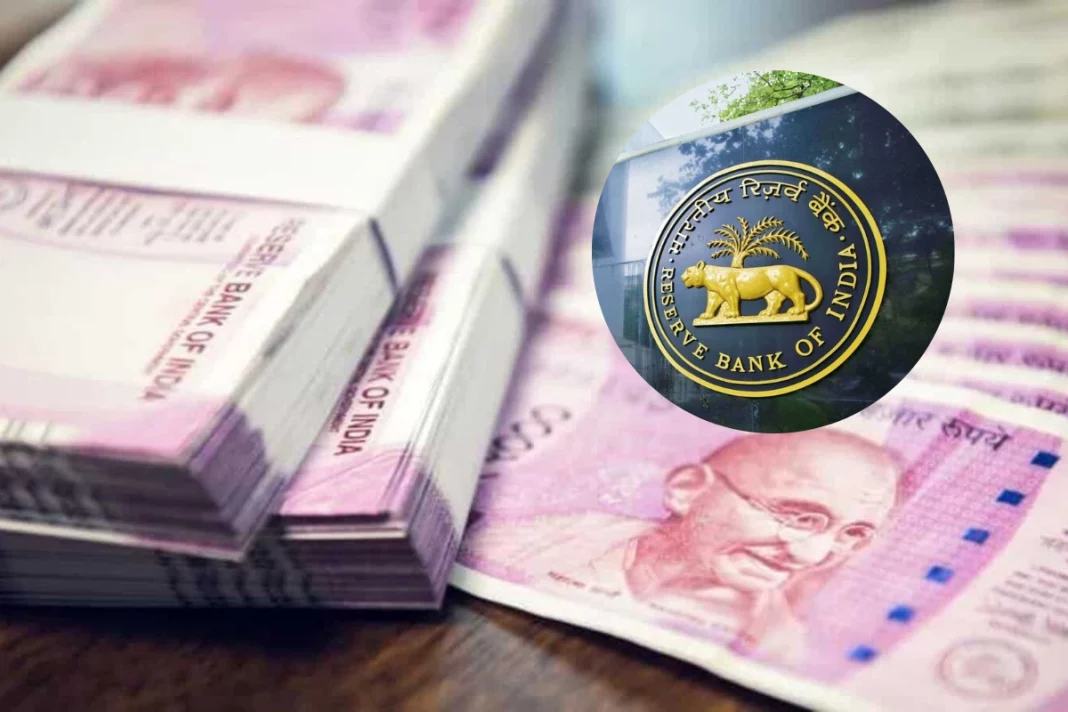Often students have to take a loan from a bank to pursue their higher education from a big institution or from abroad. The bank provides loan amount to the students on the basis of their course and employment prospects. It is necessary for the students to take a loan in which they have to pay low interest and get enough time to repay the loan. Many times doubts are seen in the minds of people whether to apply for a personal loan or take an education loan for their higher education.
Today we will provide you information in this regard. In this article, we will talk about the difference between the two types of loans and see which loan is right for you to take for your studies. Can a personal loan be better than an education loan for education?
Let us see what is the difference between these two loans.
When you apply for a personal loan, the bank agrees to provide you a maximum amount of Rs 25 lakh and in some cases up to Rs 40 lakh. At the same time, in education loan, the bank can give you a loan of Rs 75 lakh to Rs 1.50 crore depending on your degree and employment prospects. If you want to pursue higher education abroad, then in most cases education loan will come in handy.
DON'T MISS
Rate of interest
If you pledge something while taking an education loan, the interest rate starts from 8.45 per cent. At the same time, the interest rate for loans without collateral (unsecured loans) starts from 10.5%. The interest rate for unsecured education can be increased to a maximum of 14%. At the same time, the interest rate on personal loans ranges from 10.5% to 24%. In addition, girls get an additional interest concession of 0.50% on education loan. This facility is not available in personal loan.
There is no tax benefit available on the personal loan. However, the expenditure incurred on education loan helps you save income tax. You can claim tax exemption for the interest paid on the Higher Education Loan under Section 80E of the Income Tax Act, 1961. TCS is deducted at 5 per cent on loans taken in any other form under the Liberalized Remittance Scheme (LRS), while TCS is deducted only 0.5 per cent for education loans above Rs 7 lakh.
On education loan, you do not have to make any payment for the loan till your course time and about 12 months after that. In many cases this time period can be longer. Whereas in personal loan you are not given any such exemption. You get up to 10 years to repay the education loan whereas the time limit for repayment of personal loan can be up to 5 years.
Also Read – International Indigenous day 2022: Everything You Need To Know
Keep watching our YouTube Channel ‘DNP INDIA’. Also, please subscribe and follow us on FACEBOOK, INSTAGRAM, and TWITTER.



